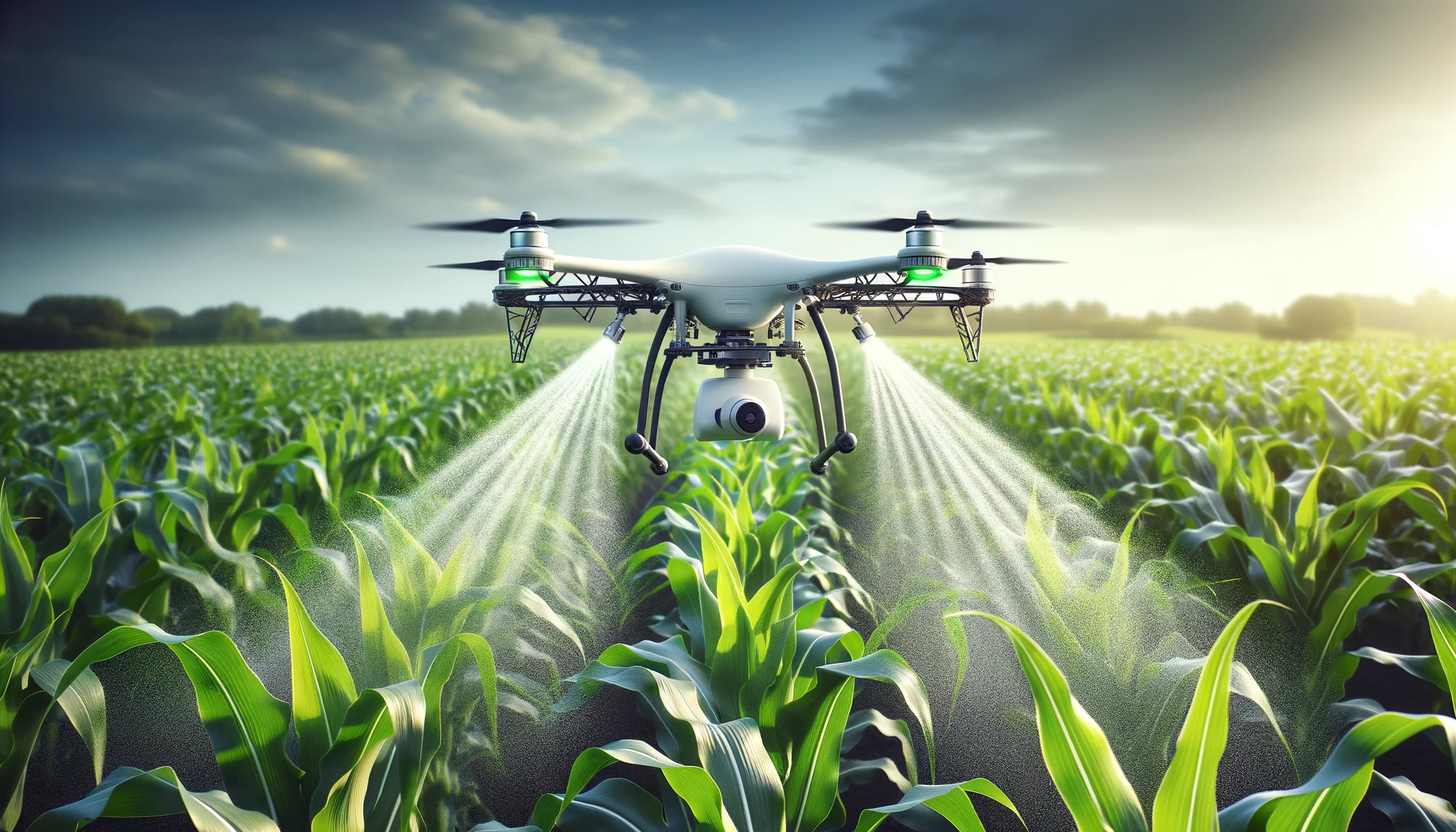9 questions on AI in the food industry: Insights from a data scientist expert
We chatted with Niclas Lovsjö, our in-house data science guru, about AI in the food industry. We asked him 9 straightforward questions, getting his expert take on everything from AI myths to future trends.
What is Artificial Intelligence (AI)?
Today’s AI is an entity that learns from data or experiences. Based on these experiences, it can take actions on what to do next, predict future events, or perhaps infer from the data why something happened.
What are the biggest misconceptions about AI?
The biggest misconception is the belief that these kinds of algorithms possess some kind of artificial consciousness, as if they were something magical. However, this is far from reality. AI is purely data-driven. We utilize mathematics to make calculations and build algorithms based on this data. The reason AI is advancing so rapidly today is due to the increased availability of data, enhanced computing power, and the development of superior algorithms.
What advice would you give to food companies looking to invest in AI technology?
I strongly suggest starting small and advancing in short stages. It’s often challenging to predict what will work in AI before testing it. Typically, we build our projects incrementally to determine their effectiveness. If failure occurs, it’s important to be prepared to shift focus and try alternative approaches. It’s also crucial to start organizing your data as early as possible. The success of AI applications heavily relies on the data itself, which might sometimes lack crucial information. Identifying and addressing these gaps early on is essential.
What are you most interested in right now within AI?
Personally, I am most interested in understanding the ‘why’ behind data and events. his understanding is crucial if you want to implement changes or make accurate predictions, especially in environments subject to change. I am particularly intrigued by how you can combine methods for understanding this ‘why’ question with the advancements in modern generative AI.

What are the challenges of implementing AI technology?
The biggest challenge right now is data management. Many companies have vast amounts of data, but this is not the same as having the right type of data for a specific problem. Organizing data to be compatible with the type of AI you want to use is time-consuming and often uncertain in terms of project success. This is a major issue we observe with companies we work with.
How can AI be used to predict food trends and consumer preferences?
Predicting future trends is challenging because human behavior often exhibits a herding pattern, making it difficult to make accurate predictions. However, we can use algorithms that analyze trend changes in real time, enabling quick reactions to these shifts.
What are the ethical considerations when implementing AI?
Most ethical considerations revolve around data handling, governed by strict laws. A significant topic of recent discussions has been the biases in data, such as those related to gender or race. These biases, if present in the data, are often picked up by algorithms. Therefore, there is an ongoing debate on how to prevent these biases from being amplified by AI systems.
Can you discuss a recent advancement in AI that is impacting the food industry?
One of the most significant recent developments is large language models like ChatGPT. These are affecting every business, including the food and beverage industry. We’ve also seen impressive applications of computer vision, where AI analyzes pictures and videos, such as drones overseeing crop fields and apps that enhance customer experiences in stores.
What is the future potential of AI in the food industry?
The greatest potential lies in developing complete AI systems that can communicate with each other across different stages of the food chain. Imagine a system that can send real-time signals from a store about a product running low, which then informs the delivery service and production line. This integration could vastly improve efficiency in the beverage industry. Additionally, systems that analyze why certain events happen could greatly benefit businesses by providing insights necessary for strategic changes.
News. Insights. Thoughts.
Elvenite ranked as one of the best places to work in the IT industry in 2024
Elvenite ranked as one of the IT industry's Best Workplaces 2024 Elvenite has been named one of Sweden's Best IT Workplaces for 2024, a prestigious award from Great Place To Work®. Elvenite is ranked 15th out of 25, celebrating our outstanding workplace culture and...
When milk production flows steadily, year-round
Ensuring steady milk production all year round with AIDid you know that milk production fluctuates significantly throughout the year? While we, as consumers, buy milk at the same pace regardless of the season, dairies like Valio face major challenges. During the...
How we use word embeddings and AI: from seating arrangements to data analysis
How we use word embeddings and AI: from seating arrangements to data analysisCreating the perfect seating arrangement is a challenge we can all relate to, whether it’s a private party or a large corporate event. Should I seat Anna next to Henrik, or will she be...



